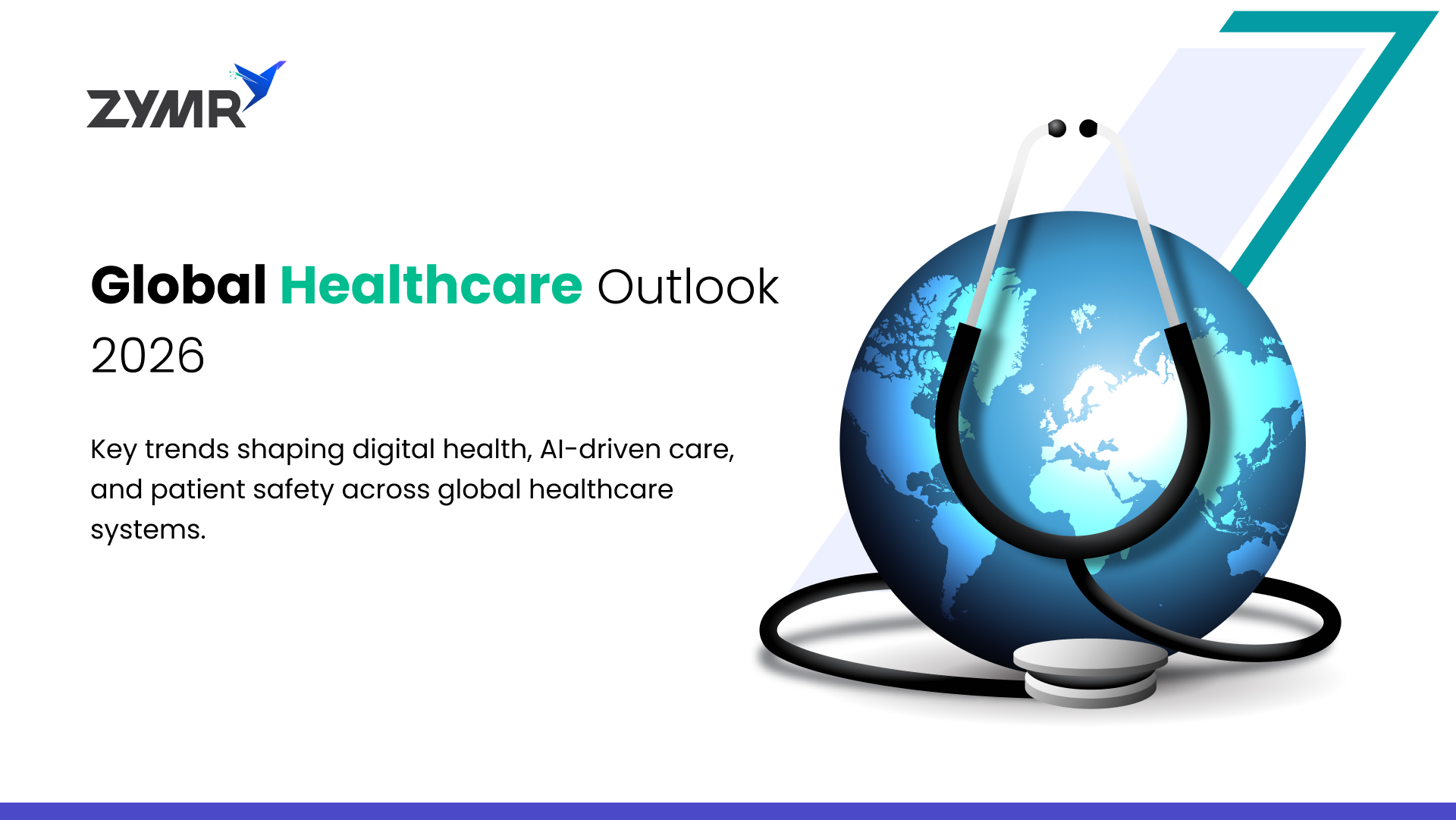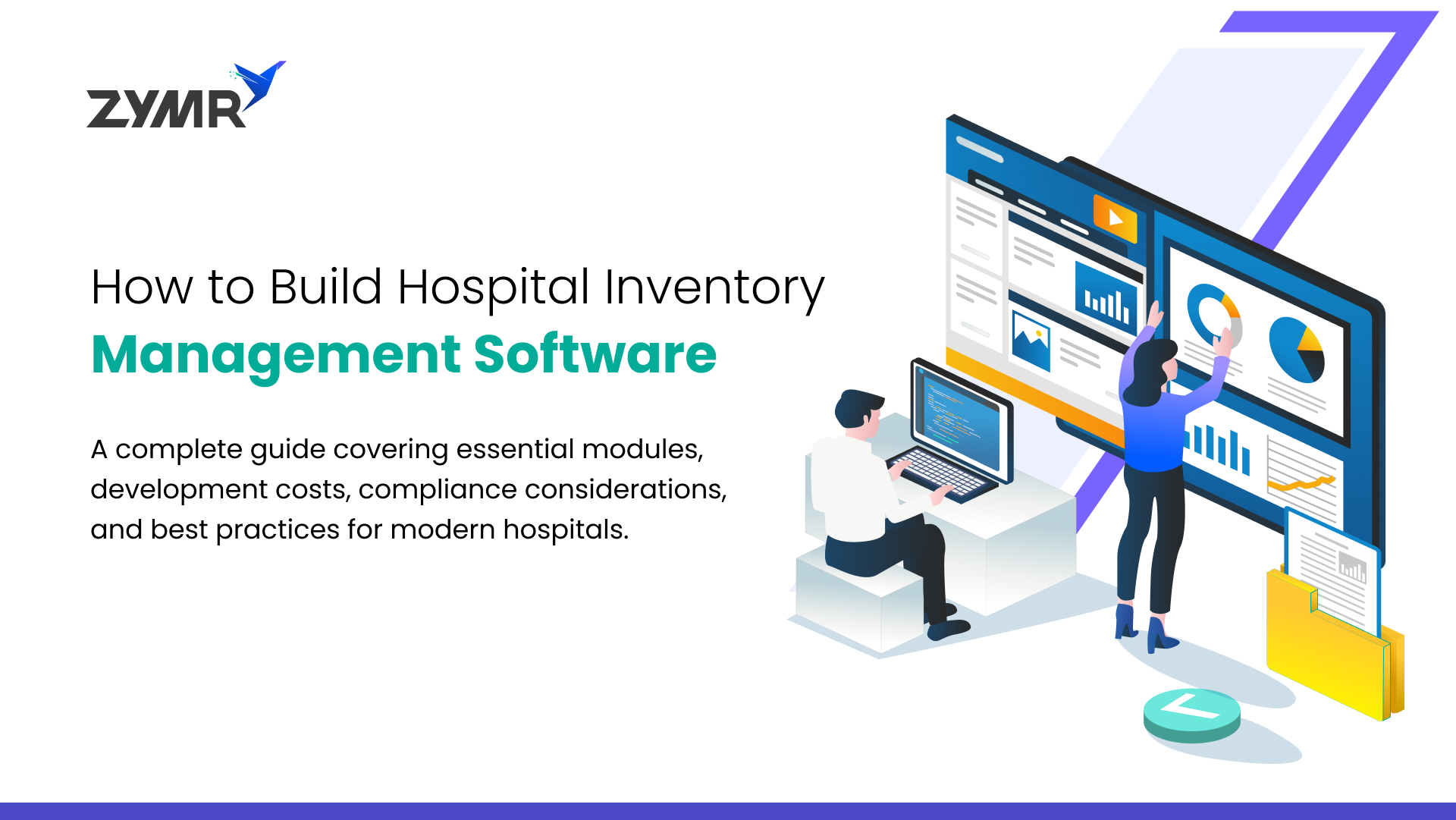“Cloud technology has been transforming the efforts that a company puts to approach data integration and silos. This blog will help you better understand integration and cloud applications integration.”
Integration in the cloud involves cloud to - cloud integration or on-premises integration, and a combination of both. Integrations focus on business components such as data and applications. Cloud integration improves operational efficiency, boosts scalability, eliminates data silos, strengthens connectivity, and streamlines processes. It facilitates sharing of data among cloud-based apps and is getting traction as the usage of SaaS solutions is on the rise.Cloud application integration connects cloud-hosted apps with other cloud, or on-premises software within one company (with distributed facilities), or between different companies. Solution architects decide over the most suited approach for cloud integration projects. The aim is to identify the most suitable approach that focuses on value maximization delivered by every integration and not on maximizing the value of the investments in integration tools. This blog talks about approaches to cloud applications integration that Gartner discussed in one of its blogs. Let’s take a look at them one by one.
- Integration Platform Software
Integration platform software can be best suited in the scenarios where a huge portfolio of integrations are to be managed and the data needs to be changed while it goes between the apps. It is known to manage complex and challenging integrations.
- Integration Platform as a Service (iPaaS)
iPaaS delivers functionality as a hosted cloud service. It is best suited for companies that outsource the operational parts of the integration middleware and have less functionalities to connect with on-premises apps. iPaaS helps companies to increase the integration initiatives, enhance integration capacity, quickly modify integrations, and spend high time on more value integration activities. It is used for exchange, migration, replication, and integration of external data.
- Software as a Service (SaaS) Vendor Tooling
SaaS vendors provide powerful integrations and third parties provide extensions or plug-ins to ease the integration between apps. It is best suited for nontechnical users because of an ease to update and execute. There could be some flexibility and control challenges that need to be taken care of. It is important to stay up to date as SaaS tools are frequently updated with modern features.
- Custom Code
The in-house development team of a company can develop a direct integration between systems as an independent app or within one of the apps being integrated. The custom code can be changed or modified as per the integration needs. Direct integration can be done using custom code. There are a few arguments on why you should not build a custom cloud integration that you need to consider to make the right decision.
- Function Platform as a Service (fPaaS)
Companies use fPaaS to provide a customized set of integration capabilities. This is best suited to develop a bunch of integrations, not just a single one. This approach needs a considerable amount of skills in cloud-native architectures and the development of function-oriented software. Companies across the globe will aim to deploy serverless function Platform as a Service (fPaaS) in the coming years.
Conclusion
Zymr’s Cloud Application Development Services
Our cloud applications services include Application Development, Cloud Migration, Cloud-Native Development, Cloud Integration, Cloud Analytics & AI, and Cloud Security. Our value-driven approach helps you enter the market quickly with an impeccable mobile app. We emphasize transparency, continuous QA, and quick turnaround time.
FAQs
>
>
>
>
>
Have a specific concern bothering you?
Try our complimentary 2-week POV engagement
Our Latest Blogs

January 15, 2026
Global Healthcare Outlook 2026: Key Trends in Digital Health, AI, and Patient Safety

January 15, 2026
Top 10 Healthcare IT Services Companies Transforming Healthcare Delivery(2026)

January 15, 2026






.svg)
.svg)
.svg)
.svg)
.svg)
.svg)
